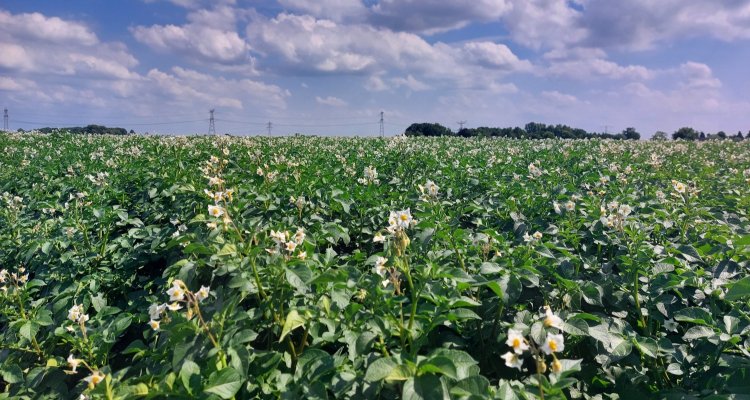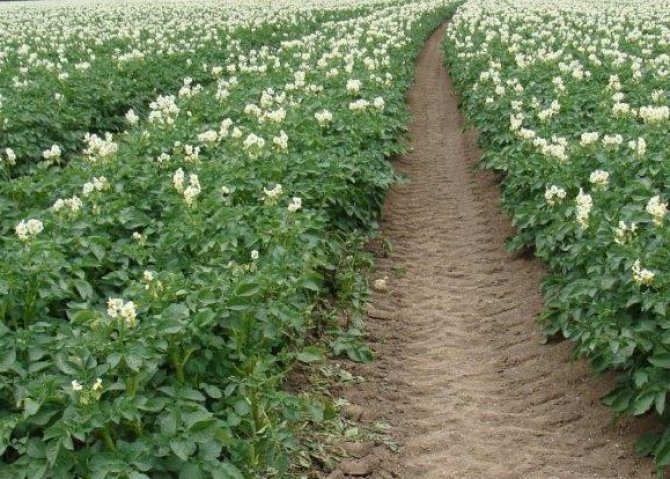
Project
Ecology of sustainable potato production
In this PhD project, CSA is collaborating with McCain Foods to assess non-linear climate change impacts on potato production in contrasting regions and to develop adaptive strategies through experimentation and modelling.
Background
Potato is amongst the most important food crops in the world, and it is of great importance to society. Given its high yield potential, high nutritional value and short cycle potato can be an important component of a sustainable food production strategy in both high- and low-income countries. Climate change is likely to have a strong impact on potato productivity, not only because the overall climatic conditions change but also because extreme events, such as floods, droughts and heat waves and their combinations, are likely to occur more frequently.
In this PhD project, CSA is collaborating with McCain Foods to assess non-linear climate change impacts on potato production in contrasting regions and to develop adaptive strategies through experimentation and modelling. A recent scenario analysis carried out by McCain indicated that most of the growing regions around the world will actually benefit from climate change, but in extremely hot and/or dry locations like India there may be huge losses (up to one third) in yield. And while the effects of linear climate change (increase in average temperature and changes in annual rainfall) on potato yield and quality can be modelled quite accurately, the effects of non-linear aspects of climate change, i.e. short-term, extreme weather events (heat waves, floods, droughts) and physiological tipping points associated with these events are still poorly understood.
Project description
The PhD project focuses on both gradual and ‘extreme’ aspects of climate change and aims to contribute to the following set of objectives:
- To compare the effects of (linear and) non-linear aspects of climate change on potato yield and quality using experiments in two or more irrigated (hot and arid) locations, in collaboration with McCain and its local partners.
- To assess how the effects of climate change (linear and non-linear) can be mitigated using packages of adaptation practices (planting dates, timing of nitrogen application, variety maturity, etc.),
- Can we make optimum combinations of practices for different current and future environments?
- What do we optimise for (yield, quality, robustness, ...) and what are the trade-offs?
- What are crop ideotypes that would minimize these trade-offs?
- To explore future potato variety ideotypes (including quality standards) and potato growing regions, and to identify the best existing region/cultivar combinations by converting the standards for potato processing into physiological characteristics and then into ideotypes for specific growing areas
The project builds on a combination of designated experiments, case studies and innovative modelling tools. The primary output are four scientific articles, but in addition the project should provide tangible results and recommendations that can support the McCain business in the short term (before 2025).
